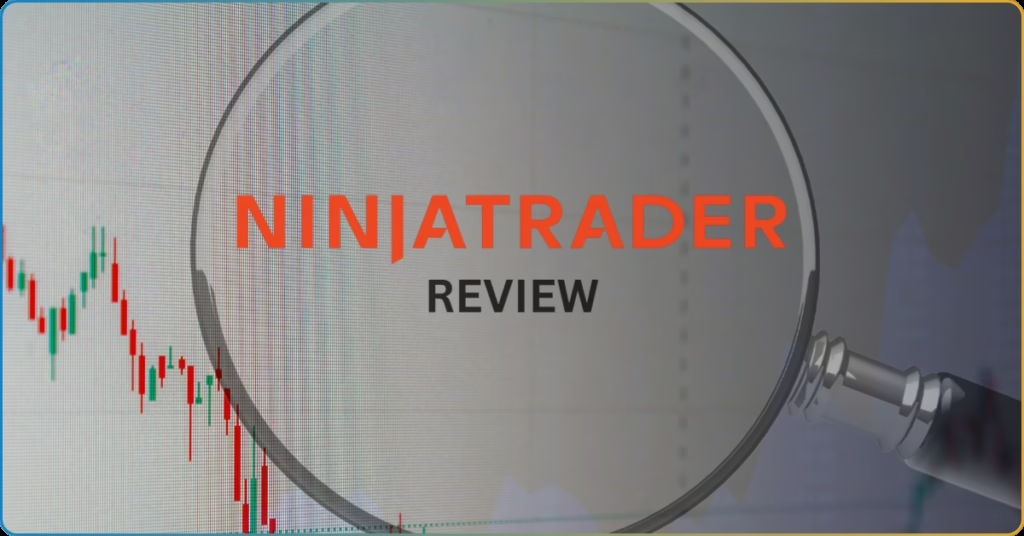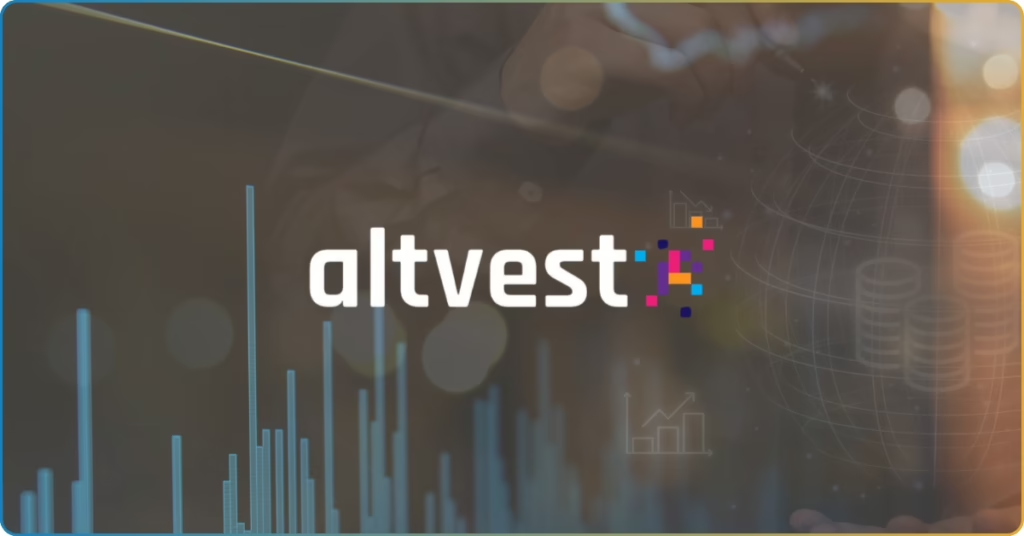Ponzi and pyramid schemes have a long history. However, this extended victimization doesn’t mean these operations are long gone.
South Africa has been known for its wealth deficiencies, among other things. This inevitably caused its citizens to be desperate for a better financial future.
Operators of these money-making schemes, however, thrive and feed on these emotions. With their promise of high return and no-risk investments, blinded optimism took over unsuspecting investors.
This investment scheme operation was evident in Kubus, the first-ever busted Ponzi scheme in South Africa. Orchestrated by Adriaan Nieuwoudt, this R140 million scheme involved buying Kubus (activator) to cultivate milk culture. The milk culture was then dried, powdered, and resold to Nieuwoudt.
But in reality, no exchanges happened. Instead, all the investments were used to pay earlier investors to encourage them to recruit more members.
In this TRU Insight, you’ll walk through the development and inevitable collapse of the Kubus scheme.
What Is the Kubus Scheme in South Africa?
The Kubus scheme took the South African financial market by storm in the early 1980s. Orchestrated by Adriaan Nieuwoudt, this fermented milk scheme defrauded unsuspecting investors of over 140 million Rands.
Its way to multi-million income was simple – retail a non-existent risk-free product, promise high and guaranteed returns, pay earlier investors, and attract new members into the scheme.
This scheme gained popularity, garnering thousands of investors into the scheme. However, the South African government disrupted its ongoing public victimization by declaring that this was a form of illegal lottery.
The Operation Behind the Kubus Scheme in South Africa
The operation of the Kubus scheme followed a straightforward approach. This created an impression of easy and risk-free investment.
Nieuwoudt announced his need for vast quantities of powdered milk, which was headlined across the country. This presented investment opportunities for South African citizens.
All they have to do is buy a Kubus (cheese and milk mixture), ferment the mixture, dry it to powdered, and then sell it back to Nieuwoudt for a higher price. This is technically trading, in which you profit from the price differential of your purchase to the selling price.
However, authorities found that no such product retailed within the scheme. Instead, investors made a profit through recruitment.
This exhibits the core characteristics of a Ponzi scheme, it robs Peter (later investors) to pay Paul (earlier investors).
Gallons of dried milk culture, supposedly for his skin cream product, were left rotting on a shelf.
How Did the Kubus Scheme Collapse?
With its attractive investment promises, Nieuwoudt’s Kubus scheme made several headlines in South Africa.
However, its widespread had been cut short by the South African government. The authorities ruled that the Kubus investment was an illegal lottery instead of a legitimate investment product.
Moreover, its reliance on recruitment as the sole revenue source inevitably collapsed this milk culture scheme. The moment the recruitment flow dries up, the operator won’t have any means of continuing the business.
This makes any Ponzi schemes naturally unsustainable.
What Happened to Adriaan Nieuwoudt?
Despite founding the Kubus scheme, Adriaan Nieuwoudt didn’t face any legal consequences for his Ponzi scheme operation.
He was involved in numerous money-making schemes after the collapse of the Kubus scheme. Finally, he was debarred after pleading guilty to diamond theft and diamond smuggling. His supposed eight-year jail sentence was cut short to one.
Undeterred, Nieuwoudt planned out several investment schemes after his release. This includes the following:
- The Kibus scheme involves a type of clay named kaolin.
- The Tourism “Master Plan” scheme for corral tourists to avoid muggers.
- The Carbon Credit scheme – providing green energy to remote areas
All these new plans required investors to deposit a large sum of money into the project for guaranteed returns. Additionally, investors are required to recruit new members into the scheme to ensure their investment’s sustainability.
In 2023, the South African government ordered provision liquidation against Adriaan Nieuwoudt. With this court order, all assets of Nieuwoudt will be frozen until all the cases, petitions, and disputes against the company are resolved.
Is Pyramid Scheme Legal in South Africa?
No, any form of pyramid scheme is illegal in South Africa.
Just like in any jurisdiction, pyramid schemes are considered a white-collar crime. Basically, it’s a crime without the involvement of physical assault but exhibits fraudulent characteristics.
To avoid falling into pyramid schemes, ensure that the investment product is registered by the Financial Sector Conduct Authority. You should also examine the investment strategy of the company to check its sustainability.
How to Avoid Pyramid Scheme in South Africa?
The prevalence of pyramid and Ponzi schemes in South Africa has resulted in the losses of millions of Rands.
However, you don’t have to experience the devastation of such money-making schemes just to avoid it. Joining a community of investors and online traders, you’ll be bestowed with the power to learn from their experiences – some would bring you profit, while most will keep you safe.
















